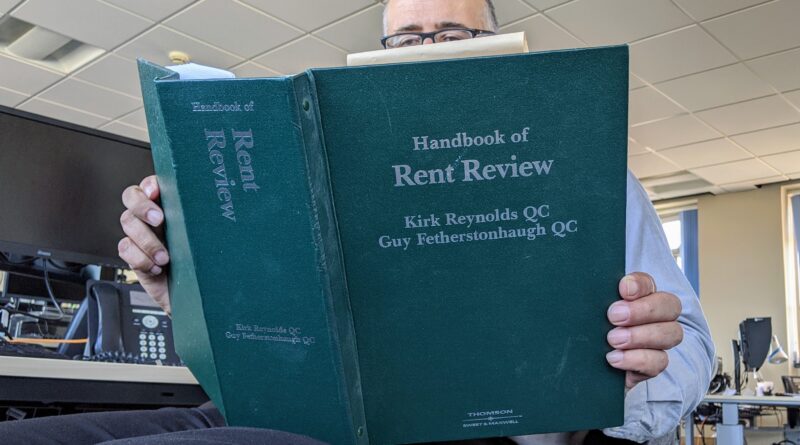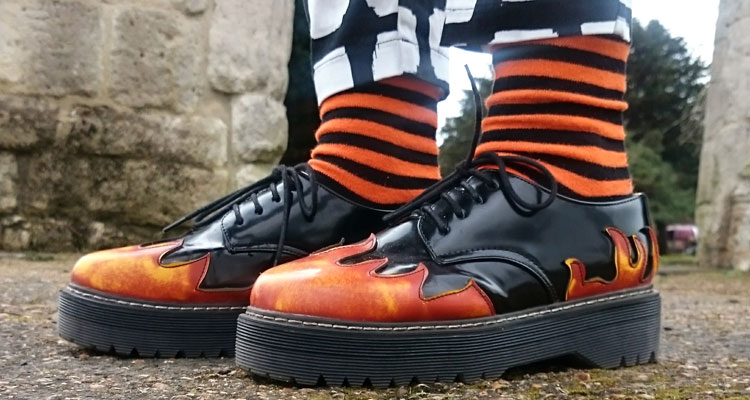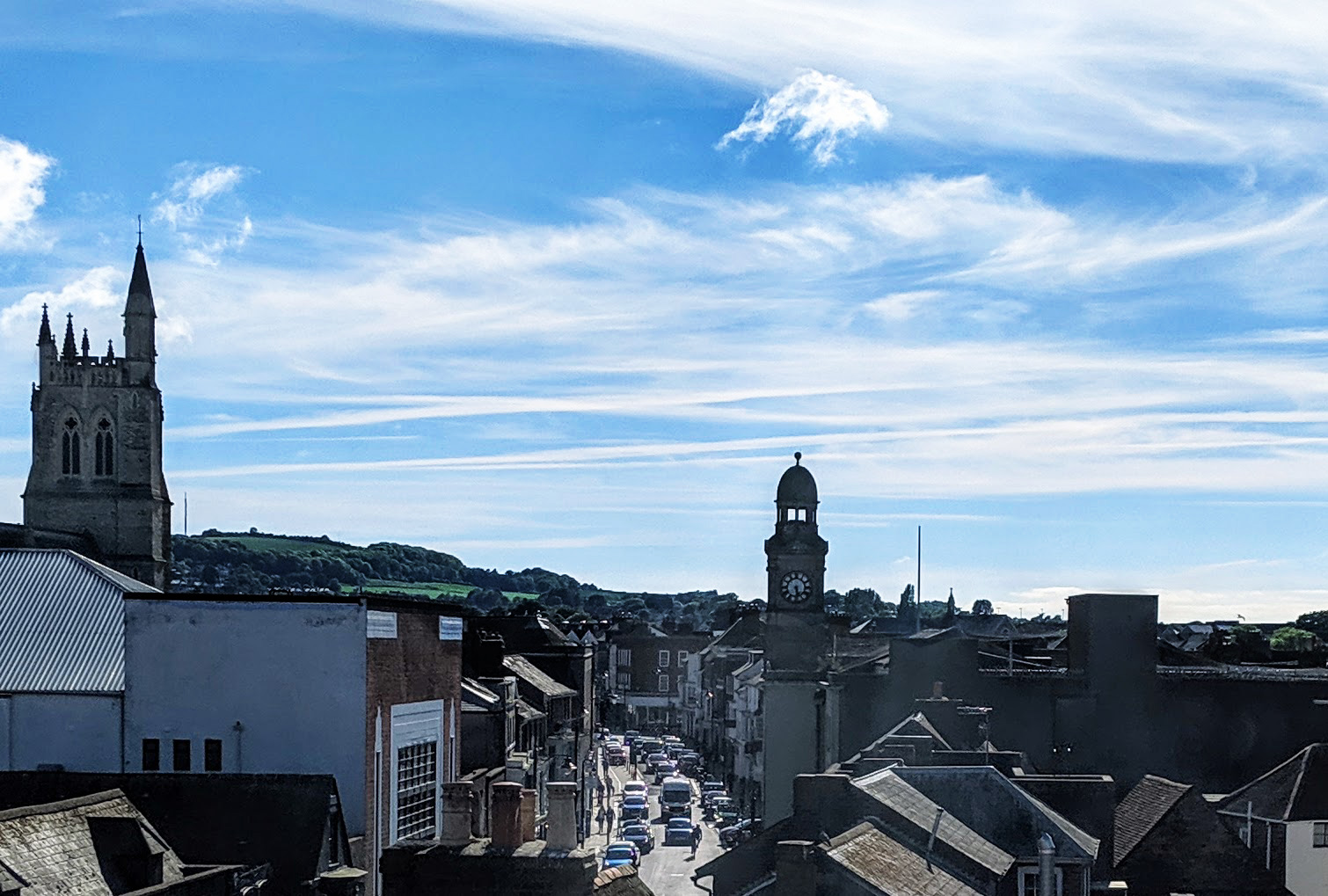Will high street landlords ever recover from the virus?
- Complaining about the Mainland - 17th August, 2024
- New island designation – is it just greenwash? - 26th April, 2024
- Police and Crime Commissioners – a solution or a problem? - 21st April, 2024
The future is startlingly opaque. Just a few months ago, nobody would have foreseen the staggering breadth of the COVID-19 cataclysm that has shaken human society around the world. Now, it seems impossible – foolhardy even – to predict the future. What is coming in a few weeks seems hard to anticipate, let alone a few months or even years. So let me have a go at it.
Almost everyone seems to agree that some form of social distancing is likely to be with us for a long time. Shops, cafes, pubs, offices and other workplaces will be very different to the ones we all walked out of in March this year. When – if – these venues reopen, people will be keeping their distance from each other. A retail premises may have held twenty shoppers at a time, it might now hold five. Where six people worked in one office, two will now be – with the others working maybe at home, or alongside in a bigger office.
This is a change that will have implications well beyond those businesses affected. Many investments and pensions in this country are tied up in the commercial rental market. That means that rents in shopping centres and trading estates are going to pay people’s savings and pensions, plus making profits for investors. We already know some of these investments have been looking shaky. It’s noticeable that three of the four corner plots in the crossroads in the middle of Newport are currently standing empty. Many market town high streets in England are even worse off than our historic county town, which actually isn’t doing that badly in many parts. Every empty shop is paying no rent. When they reopen, how are they going to be able to pay their landlord, if they can’t have so many shoppers in the shop? And the same with factory space and office accommodation – the same work can go on, sure, but it will need much more space to achieve the same income.
In many cases business tenants will no longer be able to trade so profitably, and so will have to either reduce costs – by paying less rent, for example – or make more profit. Restaurants are a clear example of how this could work. On a typical Friday night in 2019, a hypothetical busy restaurant with forty seats serves maybe fifty customers, making, say, £1000 income. Once lockdown is lifted, the same restaurant will have room for only twenty seats, and – optimistically – be serving only thirty customers. That’s only £600 that night – a drop of 40%. That has huge implications for a whole range of things, including the viability of many smaller or more specialist businesses. But the thing that I predict is going to come much sooner than expected is that overall, commercial rents will at long last be adjusted down to a more realistic reflection of the value of the businesses that occupy them. Because if they are not, then there are simply not going to be many commercial rents any more.
First published in the Isle of Wight County Press, 6 June 2020.



